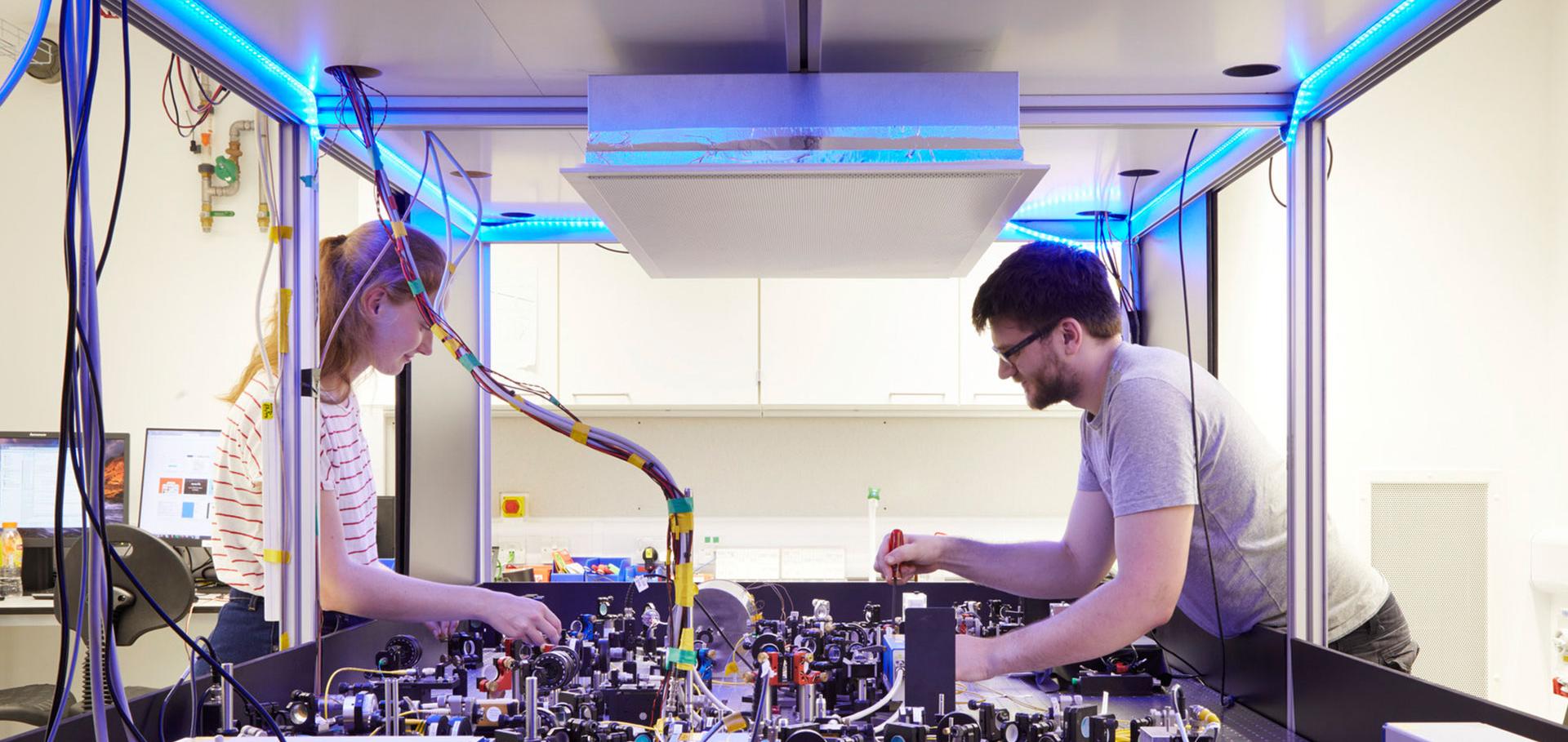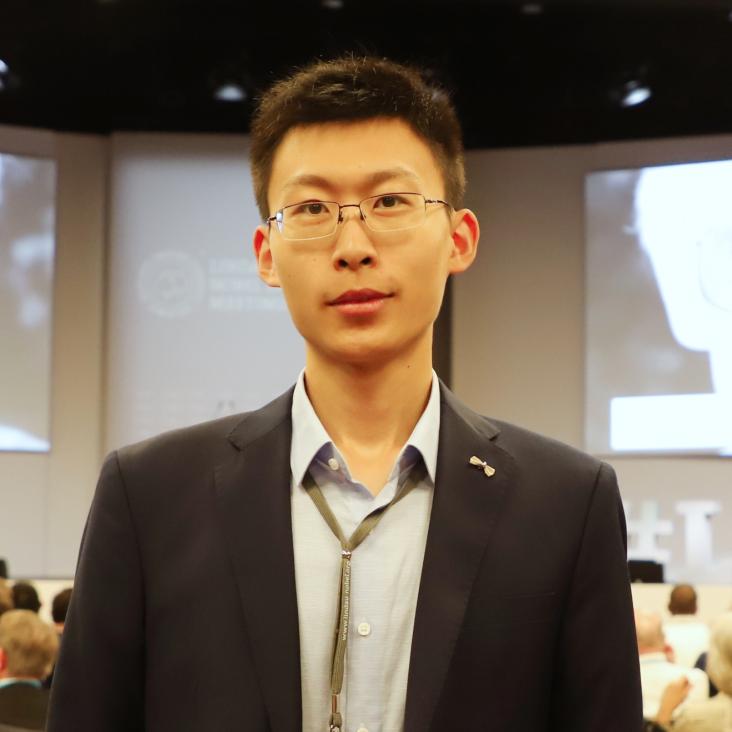Quantum verification of NP problems with single photons and linear optics
Light: Science & Applications Springer Nature 10:1 (2021) 169
Entirety of Quantum Uncertainty and Its Experimental VerificationSupported by the National Key Research and Development Program of China (Grant No. 2017YFA0303703), the National Natural Science Foundation of China (Grant Nos. 91836303, 61975077, 61490711, 11690032, 11875160, and U1801661), the Natural Science Foundation of Guangdong Province (Grant No. 2017B030308003), the Key R&D Program of Guangdong Province (Grant No. 2018B030326001), the Science, Technology and Innovation Commission of Shenzhen Municipality (Grant Nos. JCYJ20170412152620376, JCYJ20170817105046702, and KYTDPT20181011104202253), the Economy, Trade and Information Commission of Shenzhen Municipality (Grant No. 201901161512), Guangdong Provincial Key Laboratory (Grant No. 2019B121203002), ARC DECRA 180100156 and ARC DP210102449.
Chinese Physics Letters IOP Publishing 38:7 (2021) 070303
Observing Geometry of Quantum States in a Three-Level System
Physical Review Letters American Physical Society (APS) 125:15 (2020) 150401
Quantum verification of NP problems with single photons and linear optics
ArXiv 2008.05453 (2020)


